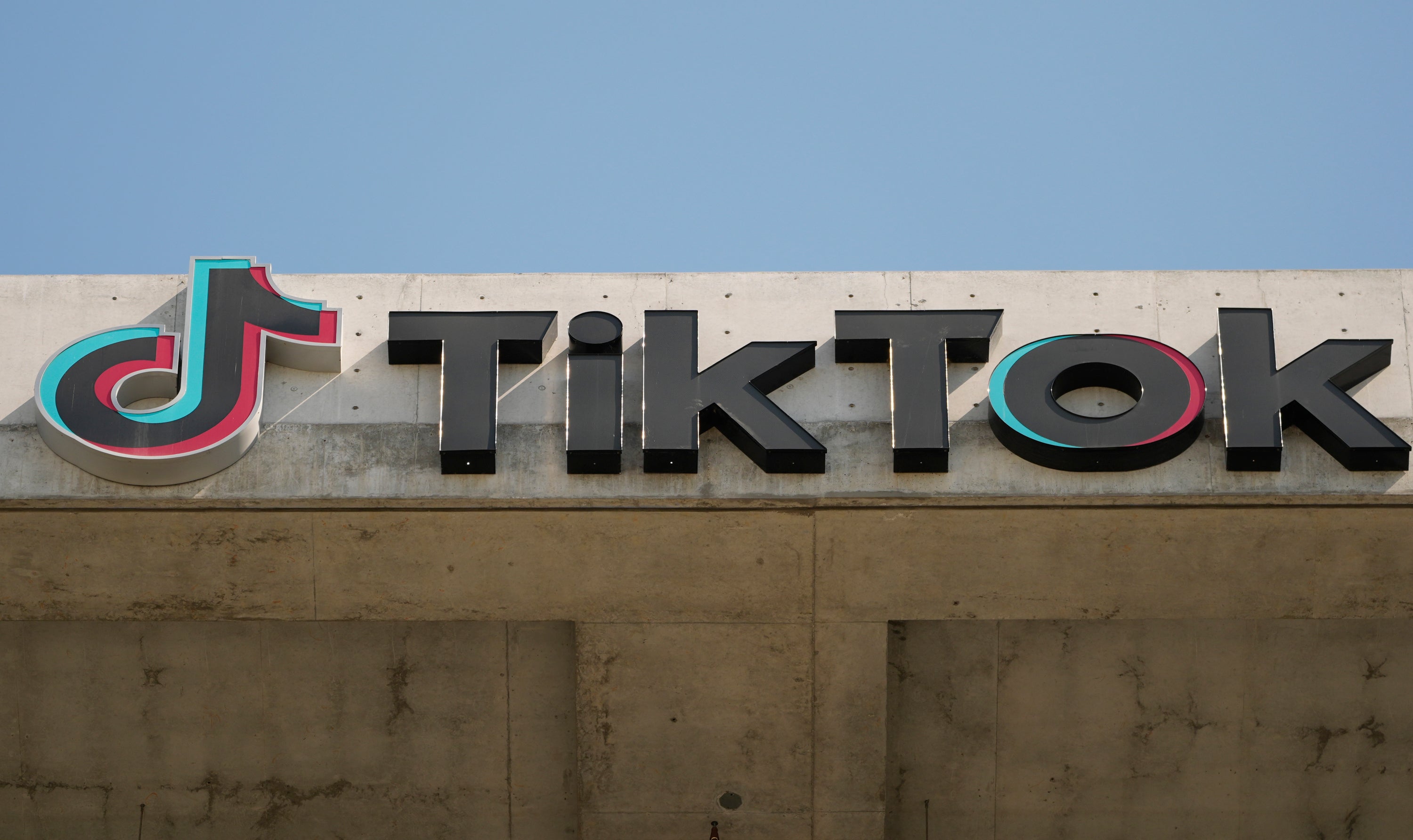TikTok rolls out new rules to limit the reach of state-affiliated media accounts on its platform
TikTok said Thursday its putting in place new rules to limit the reach of state-affiliated media accounts

Your support helps us to tell the story
From reproductive rights to climate change to Big Tech, The Independent is on the ground when the story is developing. Whether it's investigating the financials of Elon Musk's pro-Trump PAC or producing our latest documentary, 'The A Word', which shines a light on the American women fighting for reproductive rights, we know how important it is to parse out the facts from the messaging.
At such a critical moment in US history, we need reporters on the ground. Your donation allows us to keep sending journalists to speak to both sides of the story.
The Independent is trusted by Americans across the entire political spectrum. And unlike many other quality news outlets, we choose not to lock Americans out of our reporting and analysis with paywalls. We believe quality journalism should be available to everyone, paid for by those who can afford it.
Your support makes all the difference.TikTok is putting in place new rules to limit the reach of state-affiliated media accounts that are attempting to exert influence abroad during a crucial election year.
The company, which started labeling state-affiliated media two years ago, announced in a statement Thursday that identified accounts attempting to “reach communities outside their home country on current global events and affairs” will not appear on the main feed where users watch videos.
TikTok also said in the coming weeks, state-affiliated media accounts that advertise on the platform will no longer be allowed to do that outside of their home country.
The new policy comes a few weeks after a study by the nonprofit Brookings Institution that said Russian state-affiliated accounts had boosted their use of the platform and were posting more messages in English and Spanish.
The spread of foreign propaganda is also a problem on other social media platforms, such as Meta-owned Facebook and Instagram, as well as Elon Musk’s X. However, TikTok, which is owned by Beijing-based ByteDance, has been at the center of a heated political debate, with many federal lawmakers and some administration officials arguing it poses a more serious national security threat and could potentially operate at the whims of China's government.
TikTok has repeatedly denied these claims, and is currently suing the federal government over the new law that would force it to break ties with its parent company to keep operating in the U.S. ByteDance is also a plaintiff in that lawsuit.
The short-form video platform added Thursday it will be releasing regular updates on what it's doing to fight back against covert influence operations on its platform. In the first four months of this year, TikTok said it disrupted 15 such operations, including one that targeted audiences in Indonesia ahead of the country’s presidential elections earlier this year.